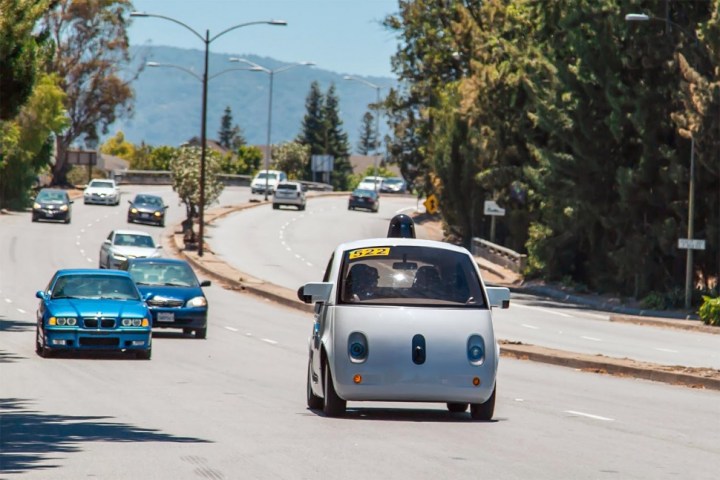
“This is a great opportunity to help Google develop the enormous potential of self-driving cars,” said Krafcik in a statement. “This technology can save thousands of lives, give millions of people greater mobility, and free us from a lot of the things we find frustrating about driving today. I can’t wait to get started.”
In addition to Krafcik’s extensive experience in the automotive industry, his background as a Stanford University-trained mechanical engineer means that Google’s autonomous car division will be led by a man who has direct experience in both product development and manufacturing. Indeed, it would appear that Krafcik maintains not only a deep understanding of business (thanks to his MBA from MIT’s Sloan School of Management), but also of the more technical details of these new vehicles.
Still, Google notes, “Krafcik’s background shouldn’t be interpreted as a sign that Google intends to become a manufacturer” of such cars. “We’re not going to make cars ourselves,” Google spokeswoman Courtney Hohne told Automotive News. “We know what we’re good at, and we’ll partner with many different companies to bring this technology into the world safely.”
Already, Google, a company that first became a household name for its search engine, has expanded rapidly and impressively into a number of different industries, and their homegrown self-driving cars now rival those of far more established automotive companies.“We’re feeling good about our progress, so now we’re investing in building out a team that can help us bring this technology to its full potential,” a Google spokeswoman said. “John’s combination of technical expertise and auto-industry experience will be particularly valuable as we collaborate with many different partners to achieve our goal.”
Krafcik will join the team in Mountain View, California later this month.


